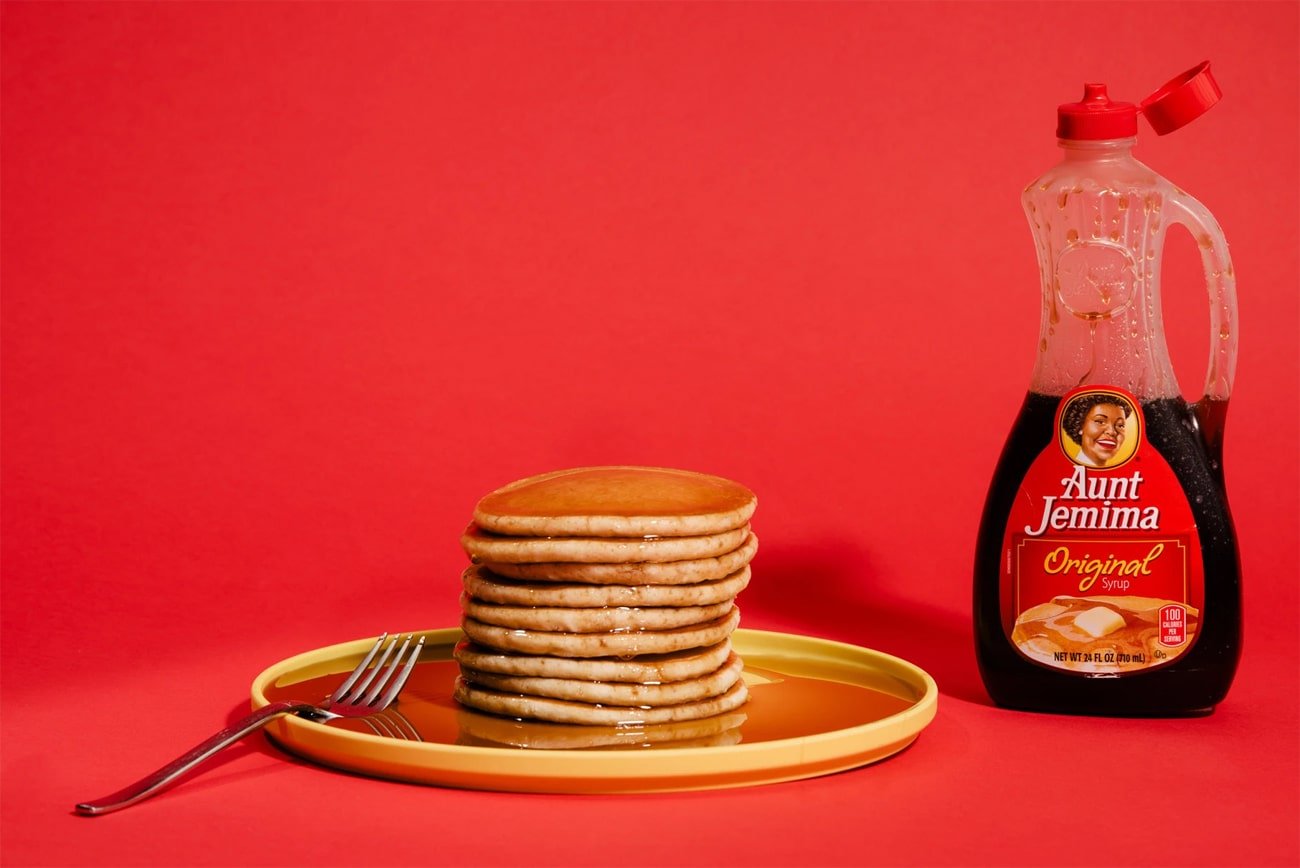In a sign of the times, PepisCo, owner of Quaker Foods, is changing the name of Aunt Jemima brand’s pancake mixes, syrups and other products. This will include the removal of all imagery of the black woman who had come to represent the Aunt Jemima brand. The 130-year-old brand features a Black woman named Aunt Jemima, who was originally dressed as a minstrel character. The Aunt Jemima figure is based off the song ‘Old Aunt Jemima’ that was reportedly sung by slaves. The logo was based on Nancy Green, who was a cook and missionary worker that NBC later disclosed had been born into slavery.
The company told CNN: “As we work to make progress toward racial equality through several initiatives, we also must take a hard look at our portfolio of brands and ensure they reflect our values and meet our consumers’ expectations.” “We recognize Aunt Jemima’s origins are based on a racial stereotype. While work has been done over the years to update the brand in a manner intended to be appropriate and respectful, we realize those changes are not enough,” said Kristin Kroepfl, chief marketing officer at Quaker Foods North America. Additionally, the company announced that the Aunt Jemima brand will donate $5 million over the next five years “create meaningful, ongoing support and engagement in the Black community.”
This is not the only food brand that has had to navigate cultural change spurred on by the Black Lives Matter movement. A group based in London has called on Kellogg’s to justify why Rice Krispies is represented with “three white boys” while the Cocoa Pops mascot is a monkey. Not long ago, the Land O’Lakes brand redesigned its package to remove the Native American woman known as the “butter maiden”. The move was widely considered to be in response to criticism that the logo was stereotypical and a culturally insensitive symbol.
A debate is brewing about whether the “cancel culture” may be spreading too far and too fast. It’s most likely that a variety of other food brands will also be forced to reconsider some long-standing marketing campaigns. These include Pinnacle Food’s “Mrs. Butterworth” brand, Mars’ “Uncle Ben” brand and even good old Colonel Sanders. Some critics claim that abolishing old and trusted brands does nothing to address real racism. Whatever the truth may be, it makes for challenging times for manufacturers as consumers wrestle with cultural change occurring all around them.
PepsiCo acquired the Quaker Oats Company in 2001- the division also sells Quaker Oats and Rice-A-Roni.

